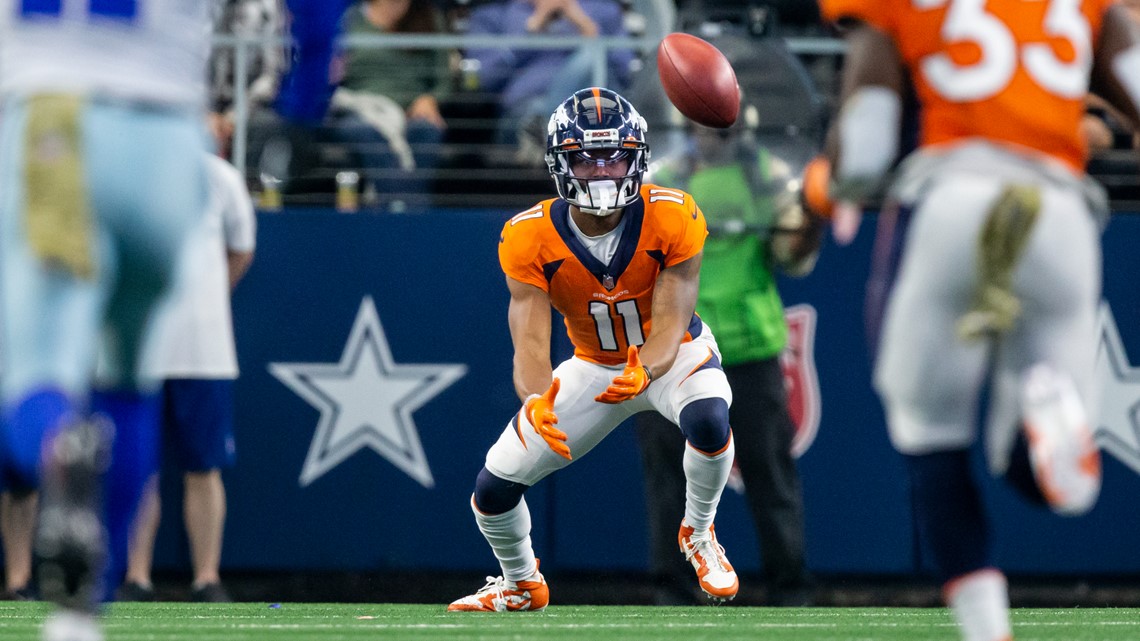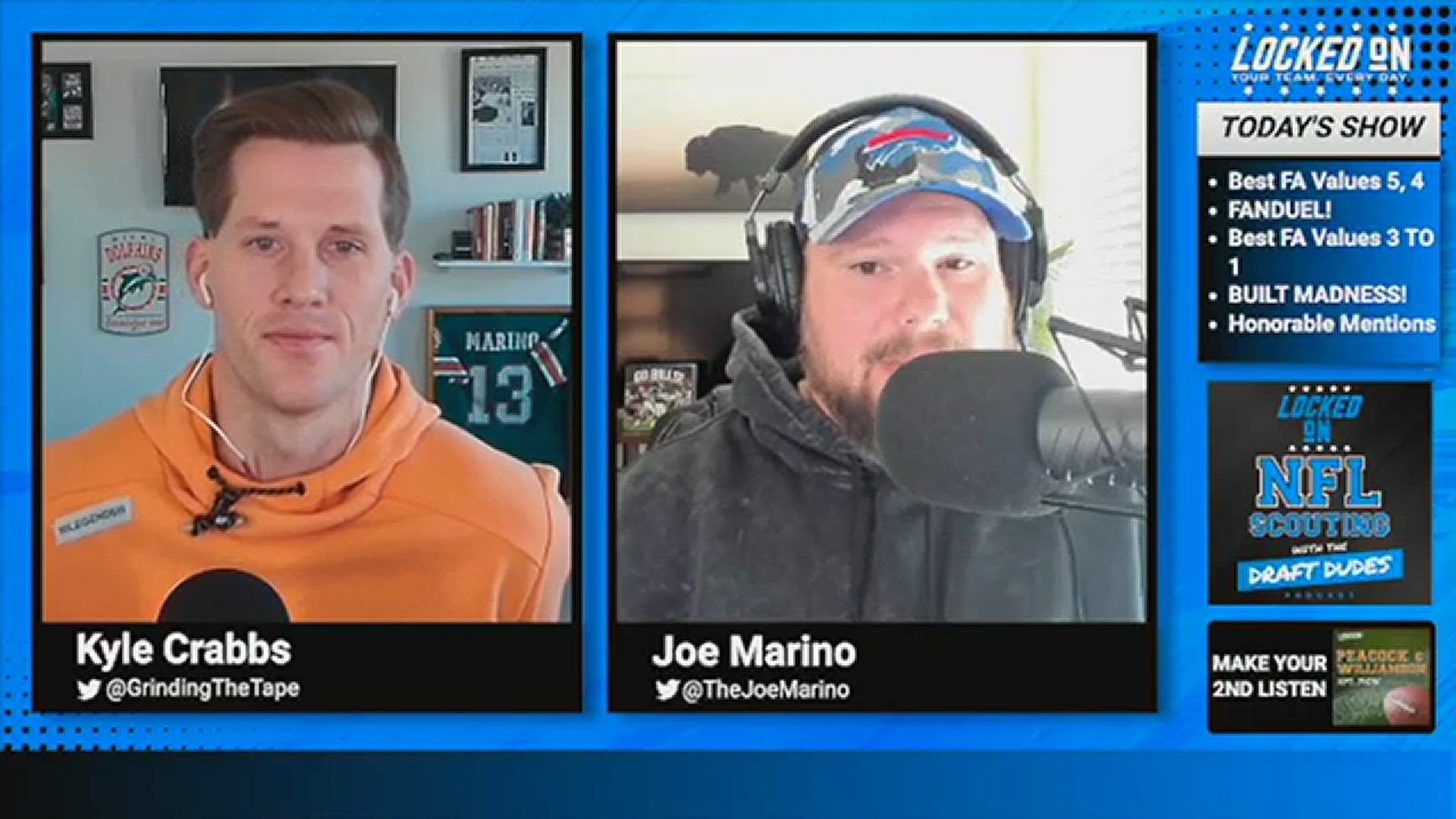The NFL will consider significant changes to the kicking game with the competition committee proposing that the league adopt the college rule that allows touchbacks on fair catches of kickoffs and moving the touchback spot on punts to the 25-yard line.
NFL executive Troy Vincent said Friday that the competition committee looked at various rules on kickoffs in college and the spring leagues to try to reduce injuries on what is one of the more dangerous plays.
Vincent said the league needs more data from an XFL rule that reduces high speed collisions by lining up coverage players 35 yards ahead of the kicker and 5 yards apart from blockers, but said that the college rule that allows fair catches to be treated like touchbacks will reduce injuries about “20 to 25%”
“It may not be perfect. I think it will warrant some good discussion on the floor,” Vincent said.
“The one thing that we all agreed upon was you can’t leave that play as it is, not with the injury rates at what we saw. You can’t leave it as is.”
Rich McKay, chairman of the NFL’s competition committee, said the league looked at several ideas to change the punt play, which currently has the highest rate of injuries and penalties.
But for now, the committee is proposing a simple approach of moving touchbacks from the 20 to the 25-yard line in hopes of reducing the number of punts.
“The idea would be that if we put this rule in place, you actually might incentivize people to go for it on fourth down more,” McKay said.
Those two rule changes were among the eight put forward by the competition committee that will be considered by owners at their meeting next week in Arizona. Any rule change requires the support of at least 24 of the 32 teams.
There are also nine potential rule changes proposed by teams that were previously announced by the league and will be voted on next week.
Those include making roughing-the-passer penalties and personal-foul penalties subject to video review, the option to try to convert a fourth-and-20 from the kicking team’s 20-yard line instead of attempting an onside kick, the addition of tenths of seconds to the stadium clock late in both halves and an extra game-day roster spot for an emergency quarterback.
The league will continue to study but is not ready to vote on any potential rule changes in two other areas that were under scrutiny last season: the “push play” and “hip drop tackles.”


The so-called “push play” was used extensively by the NFC champion Eagles this season with players pushing quarterback Jalen Hurts forward on short-yardage QB sneaks.
McKay said there was no evidence the play caused more injuries and there was no consensus about a rule change.
“I do think it’s something we’ll look at and continue to study if that changes,” he said. "There are certainly not 24 people that think it should be changed.”
The “hip-drop” tackle led to several injuries, including a broken leg for Dallas running back Tony Pollard and the ankle injury to Kansas City quarterback Patrick Mahomes in the playoffs.
Vincent said the injury rate on hip drop tackles is 20% higher than normal, saying it's similar to “horse collar” tackles that are already banned. But figuring out the best way to change the rule has been difficult.
“I think the challenge that we have is how do you define it, what is the true prevalence of it and how do you get it out of the game," McKay said. "There’s a process to that. I think that’s what we’ll go through. I give you no timeline, but we’re on it. ... We understand that there is injury data that says we should be looking at this. So we are.”
The owners also will consider whether to add a “flex” option for Thursday night football to make sure Amazon has more competitive games in that package. While players would balk at some teams being forced to play additional Thursday games and it would inconvenience ticket holders, Miller said there is no evidence that games played on shorter rest lead to more injuries.

